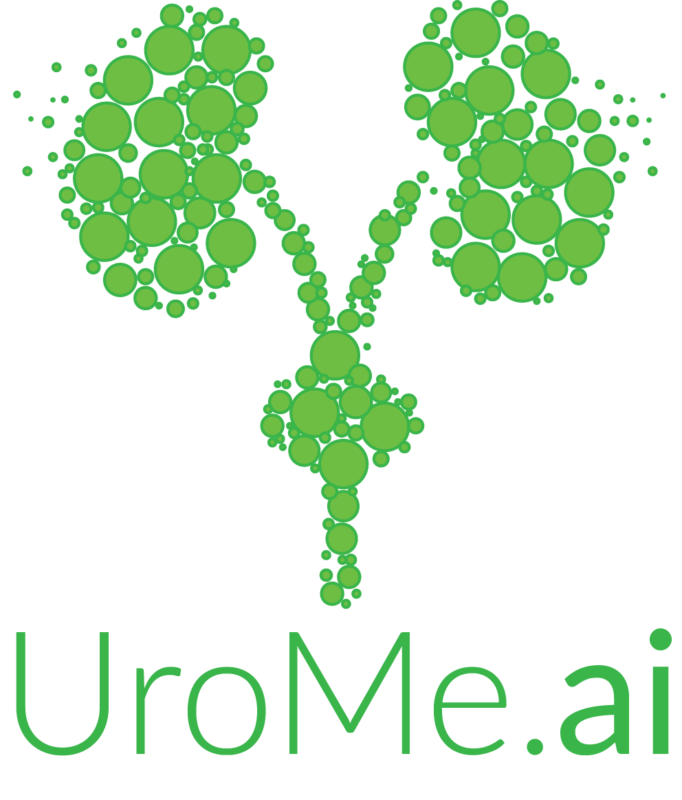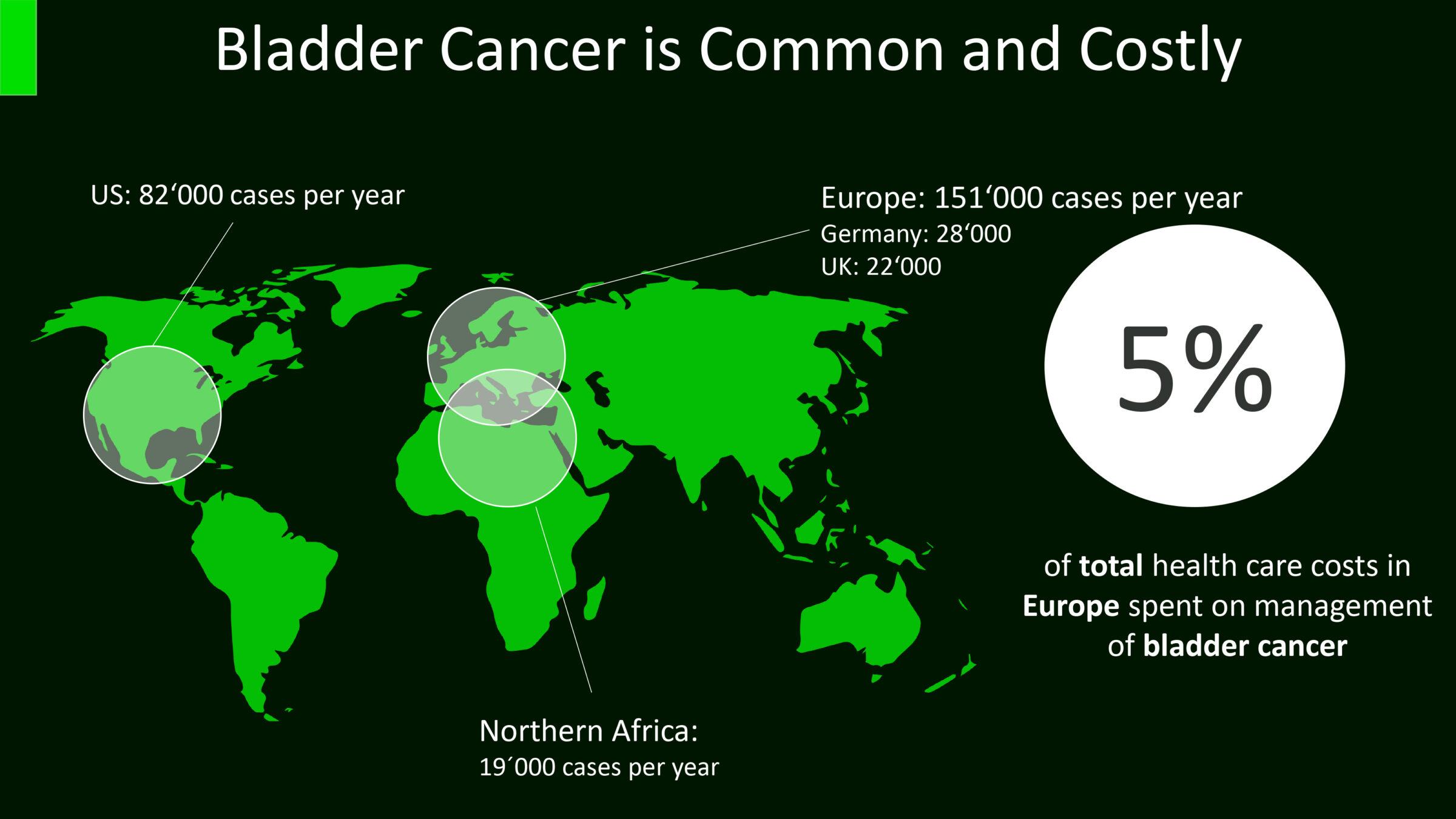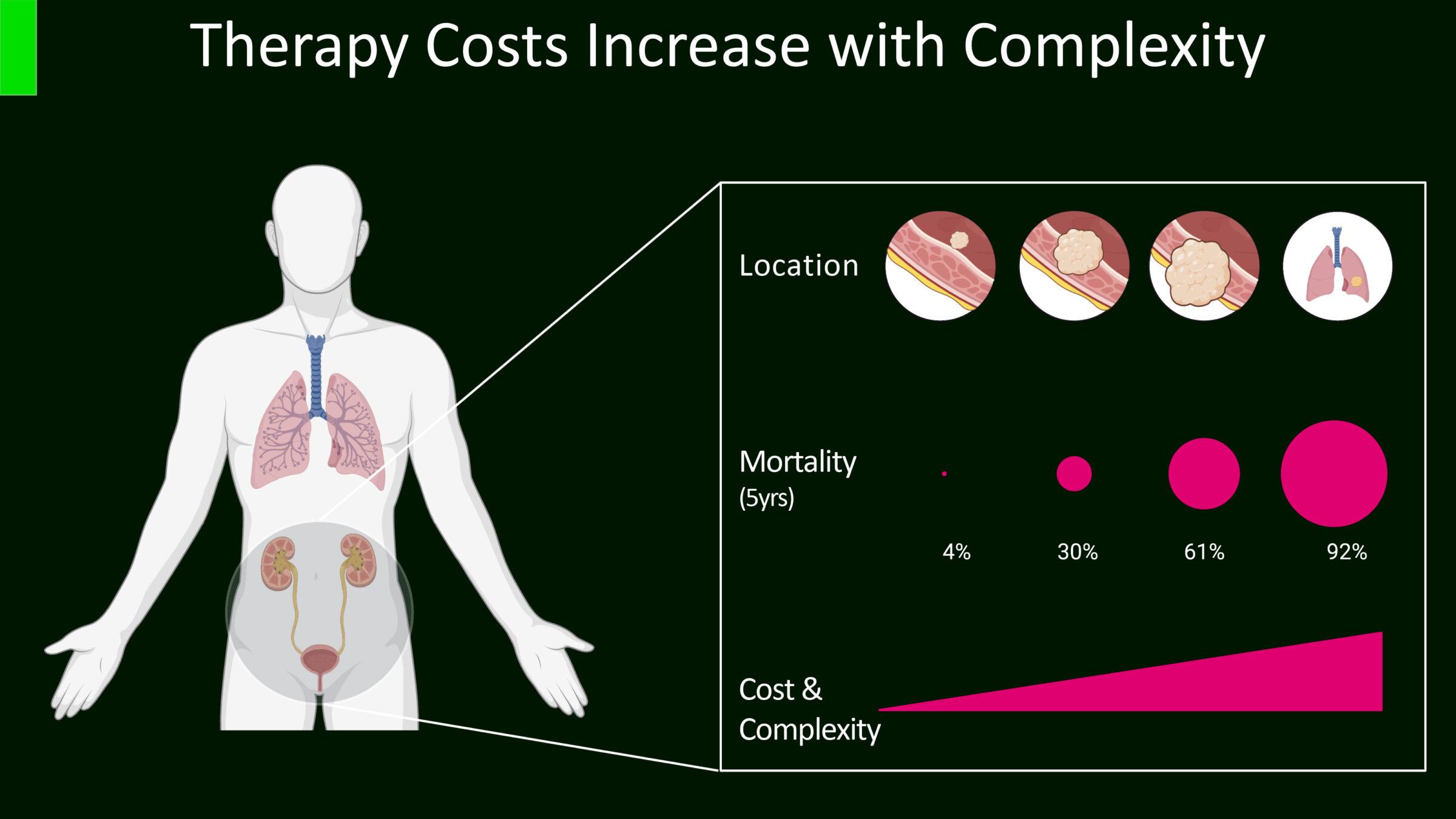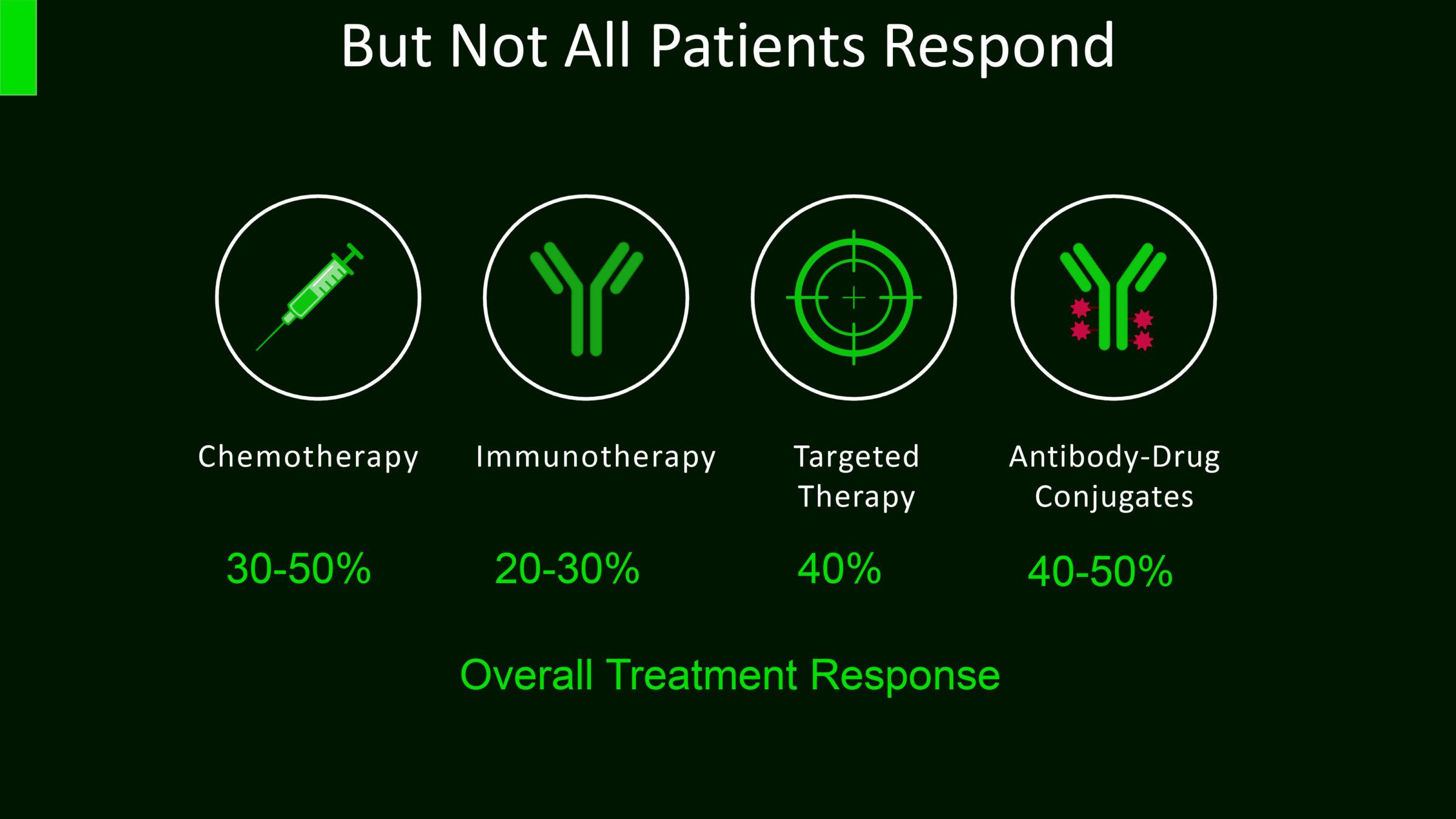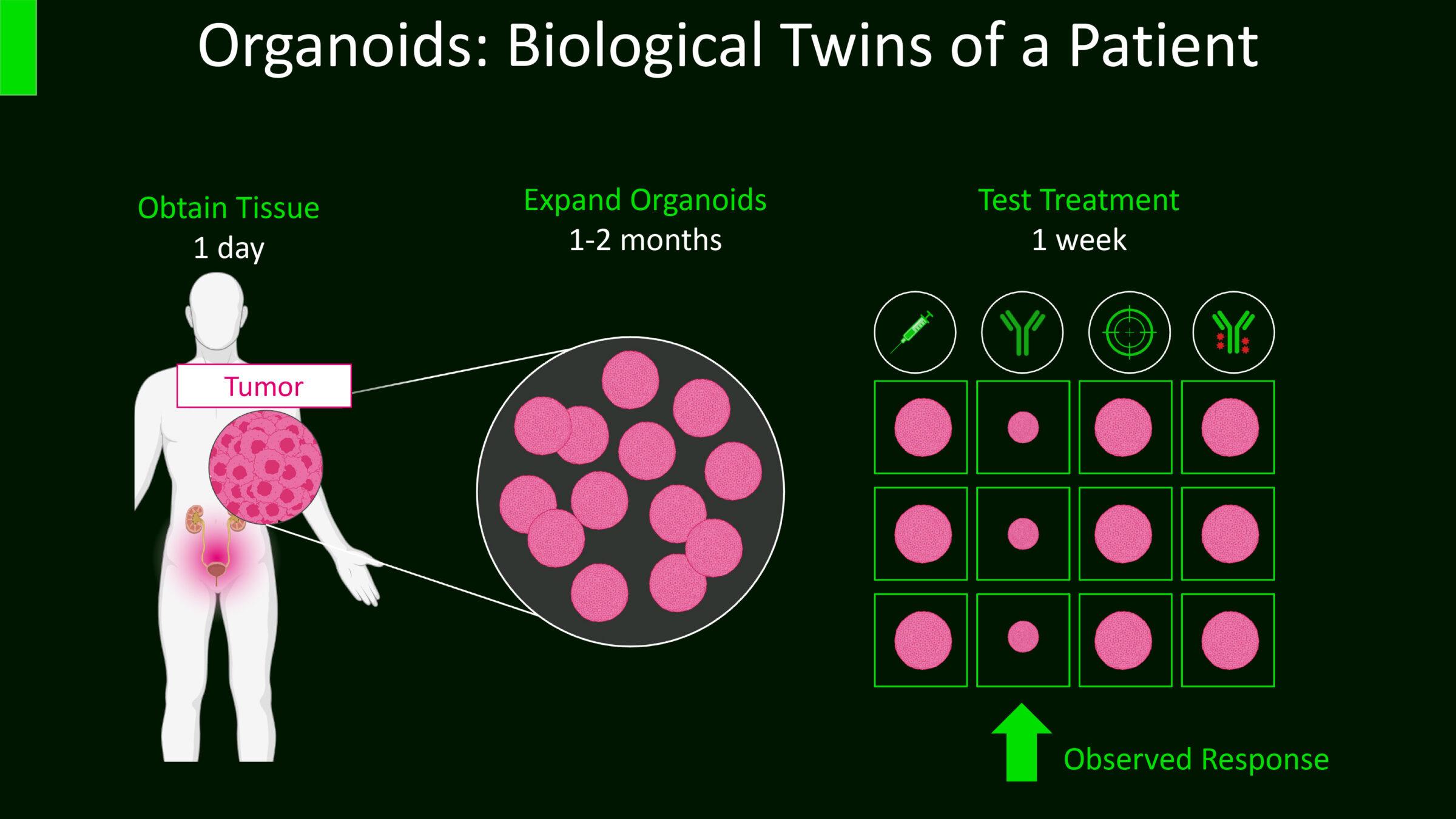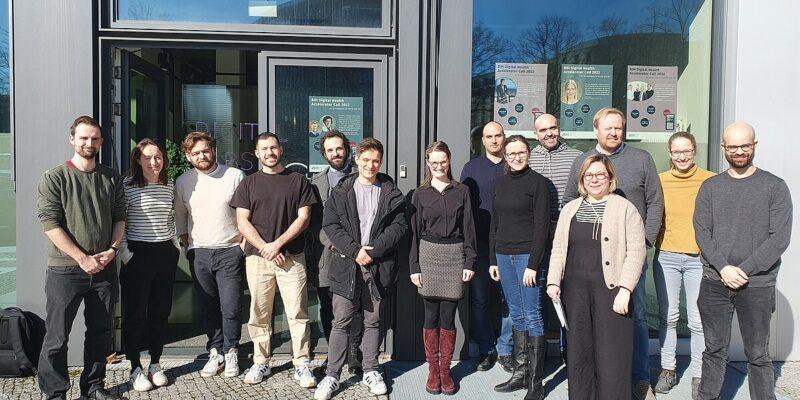An AI-Based Tool for Personalized Treatment in Urological Cancers
Stage 2
Project WebsiteBladder cancer is the fifth most common cancer in Europe and accounts for 5% of the total European healthcare cancer costs. The high recurrence rates and poor survival outcomes for advanced tumors highlight the need for improved management strategies, including better prediction of therapy response rates. While current prediction methods primarily rely on clinical characteristics, the integration of additional molecular predictive markers holds promise for enhancing treatment outcomes.

Annika Fendler
(Charité)
Project Lead
UroMe.ai aims to improve personalized treatment prediction for patients with bladder cancer. The integration of AI-powered tools, molecular data from omics sequencing, and patient-derived organoids provides valuable insights into treatment response and helps guide treatment decisions.
By accurately predicting response to, e. g. for neoadjuvant chemotherapy, UroMe.ai can assist clinicians and tumor boards in making informed decisions regarding this treatment modality and benefits the therapy outcomes and quality of life for patients with bladder cancer.
Through UroMe.ai’s unique process, they are training an AI algorithm that can deliver the predictive benefits of growing personalized organoids utilizing only molecular data. This information provides critical insight into likely treatment success for a specific patient from a range of different clinically approved drugs early in the treatment at an early stage of the care path, enabling physicians to make the best decisions without delays.
In the current phase of development, the team are focusing on predicting outcomes of neoadjuvant chemotherapy. In the future, UroMe.ai aims to be the standard of care tool used in all clinically approved oncological treatments of bladder cancer as well as in other urological cancers. The UroMe.ai team combines the expertise of internationally recognized senior researchers and clinicians from the Charité in the field of urology and patientderived experimental models alongside technical experts in machine learning.
Expanding UroMe.ai to encompass all clinically approved oncological treatments for bladder cancer and other urological cancers demonstrates a broad vision for improving cancer care. By providing a standardized tool for treatment prediction across different treatment modalities, UroMe.ai aims to optimize treatment outcomes and contribute to better patient management for urological cancers.

